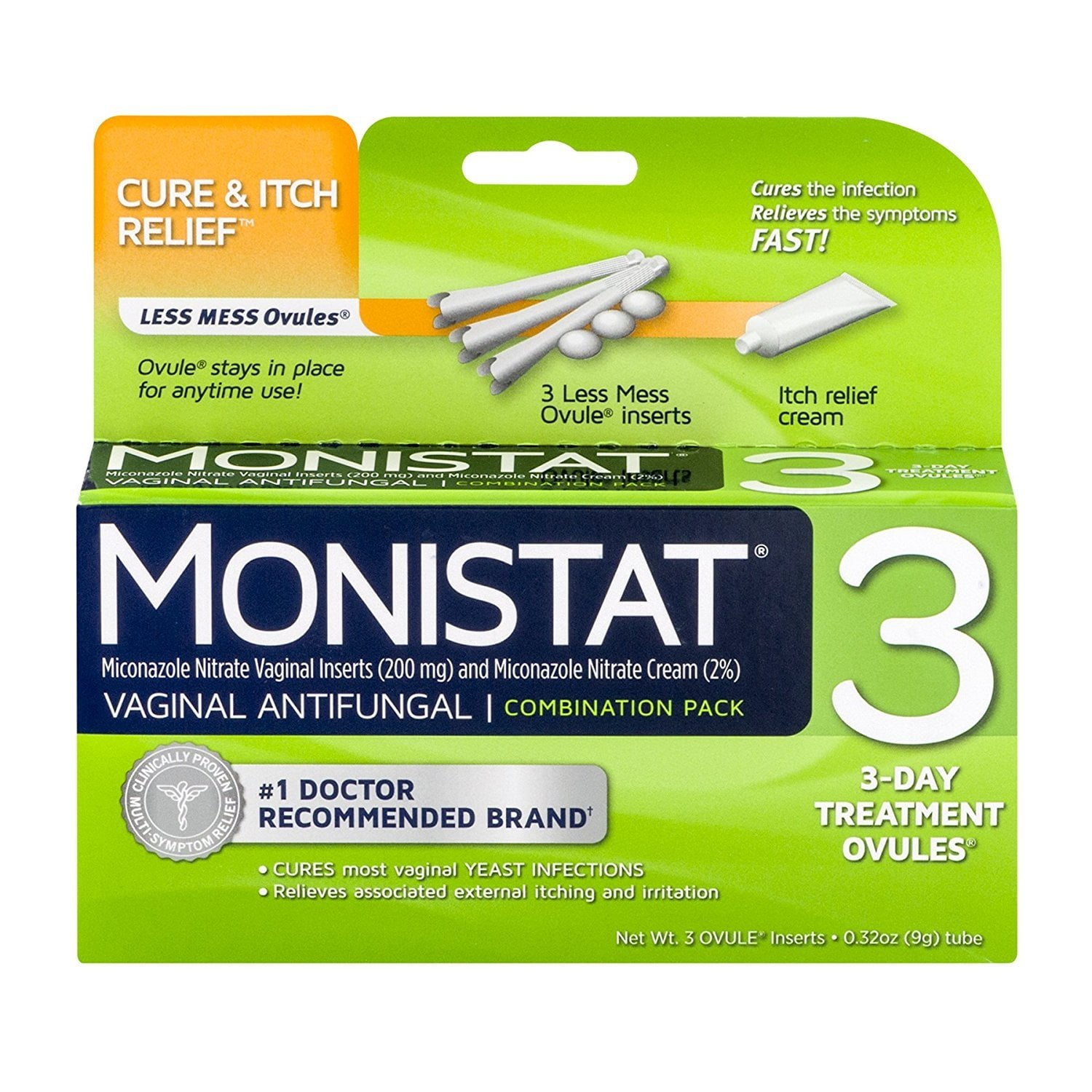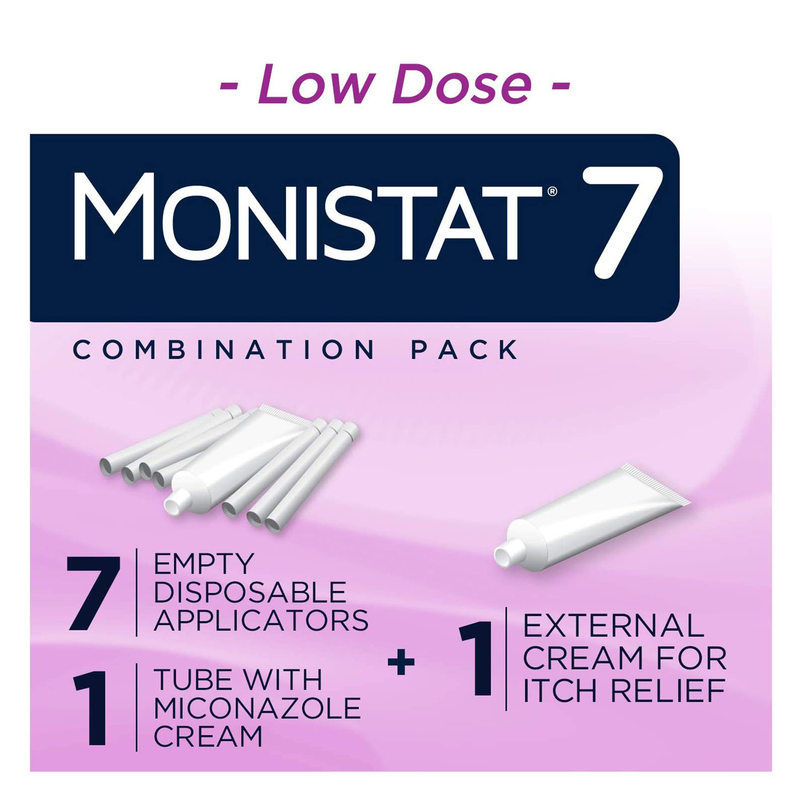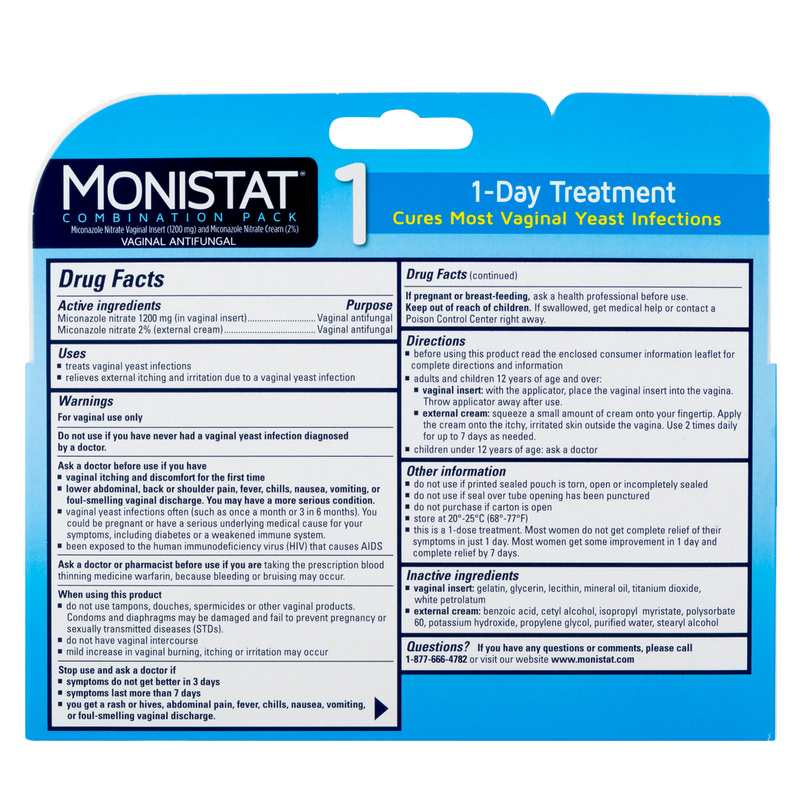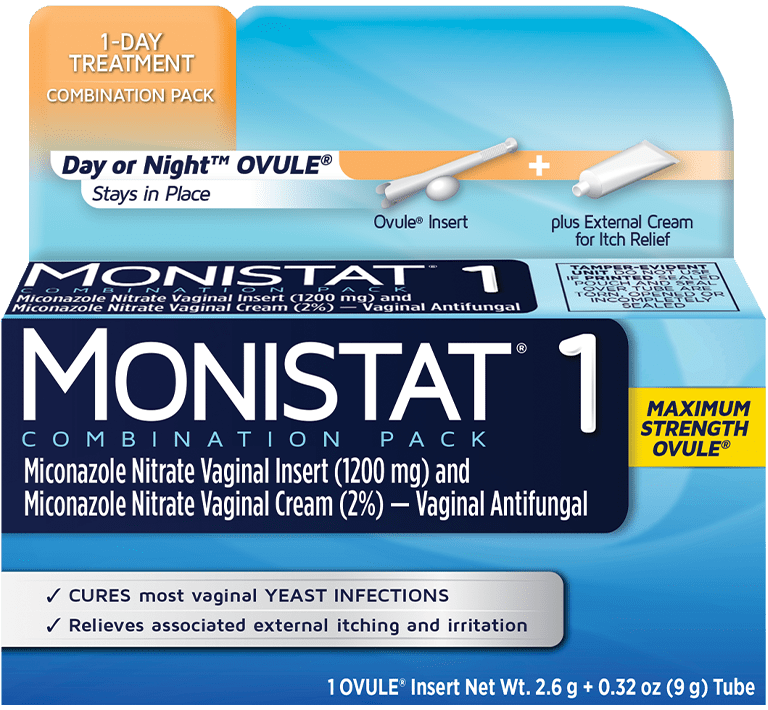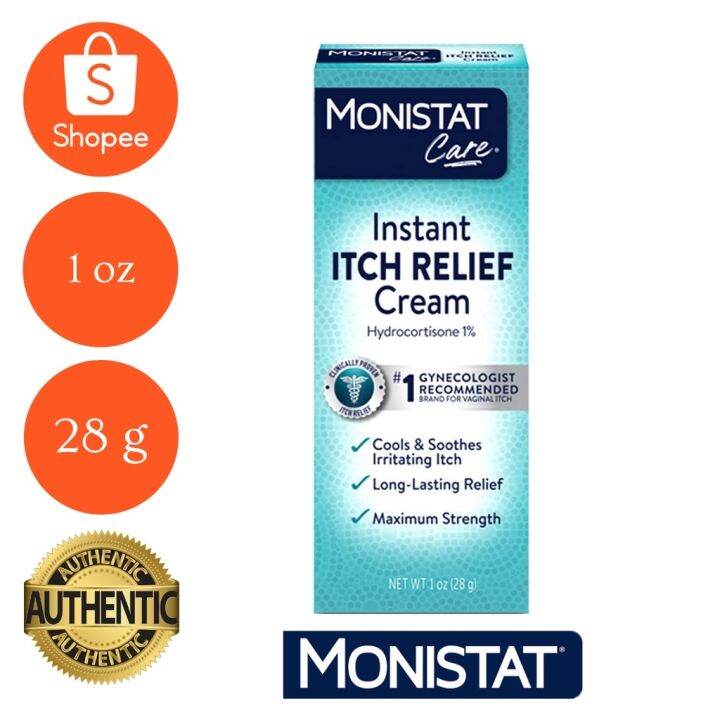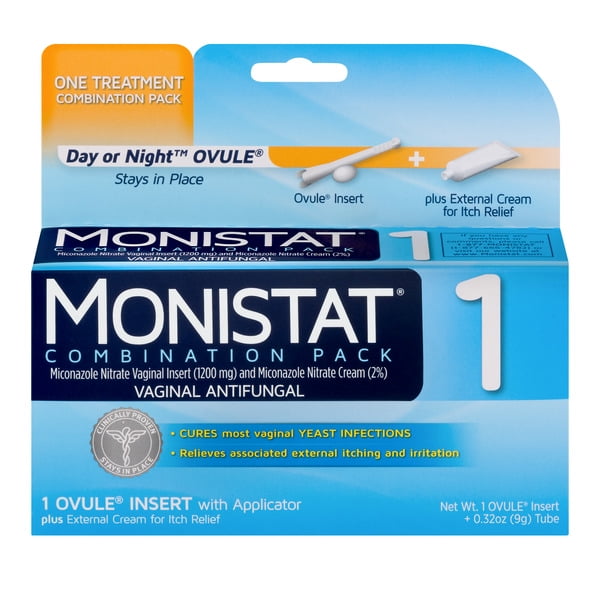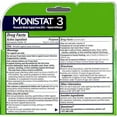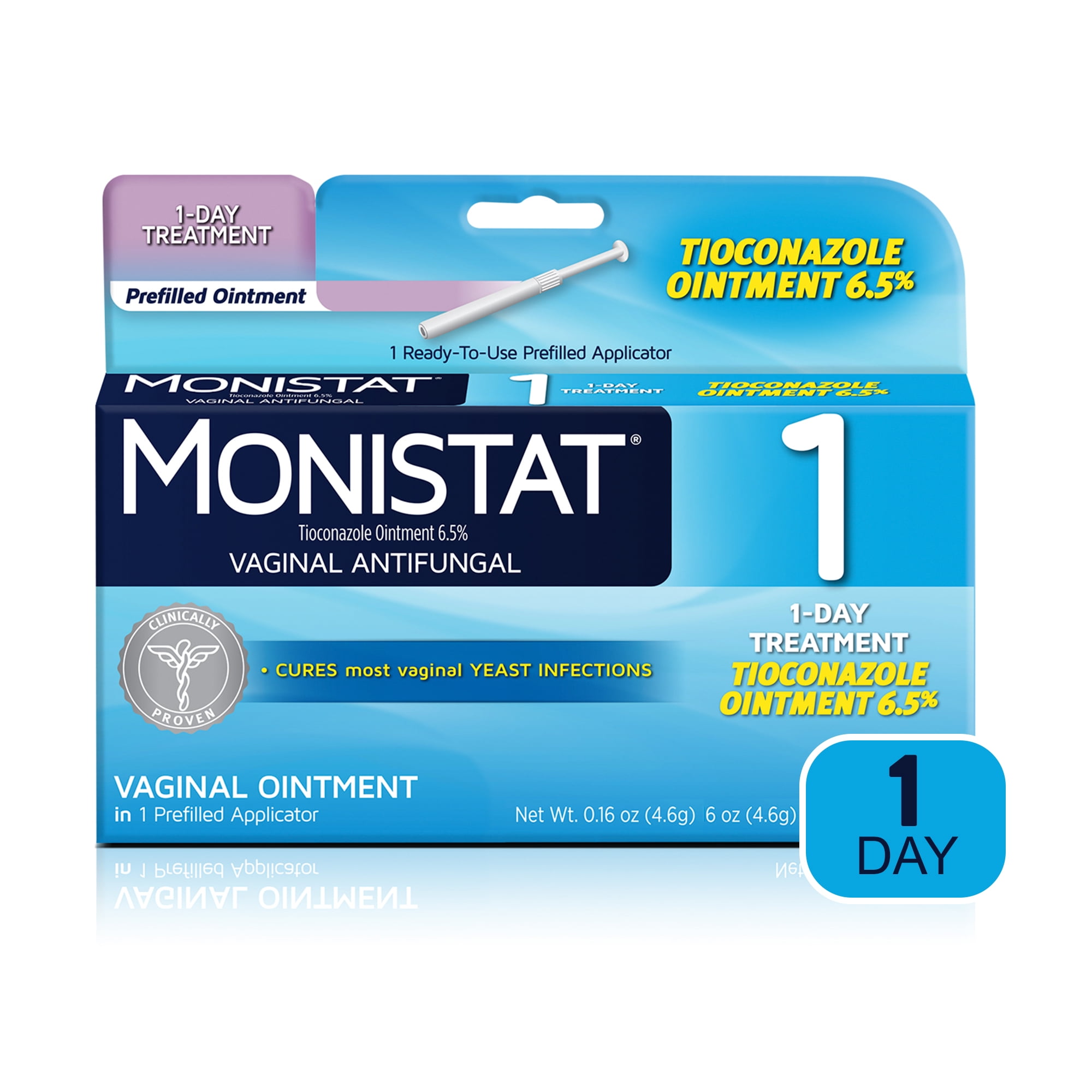Yeast Infection Itchy After Monistat
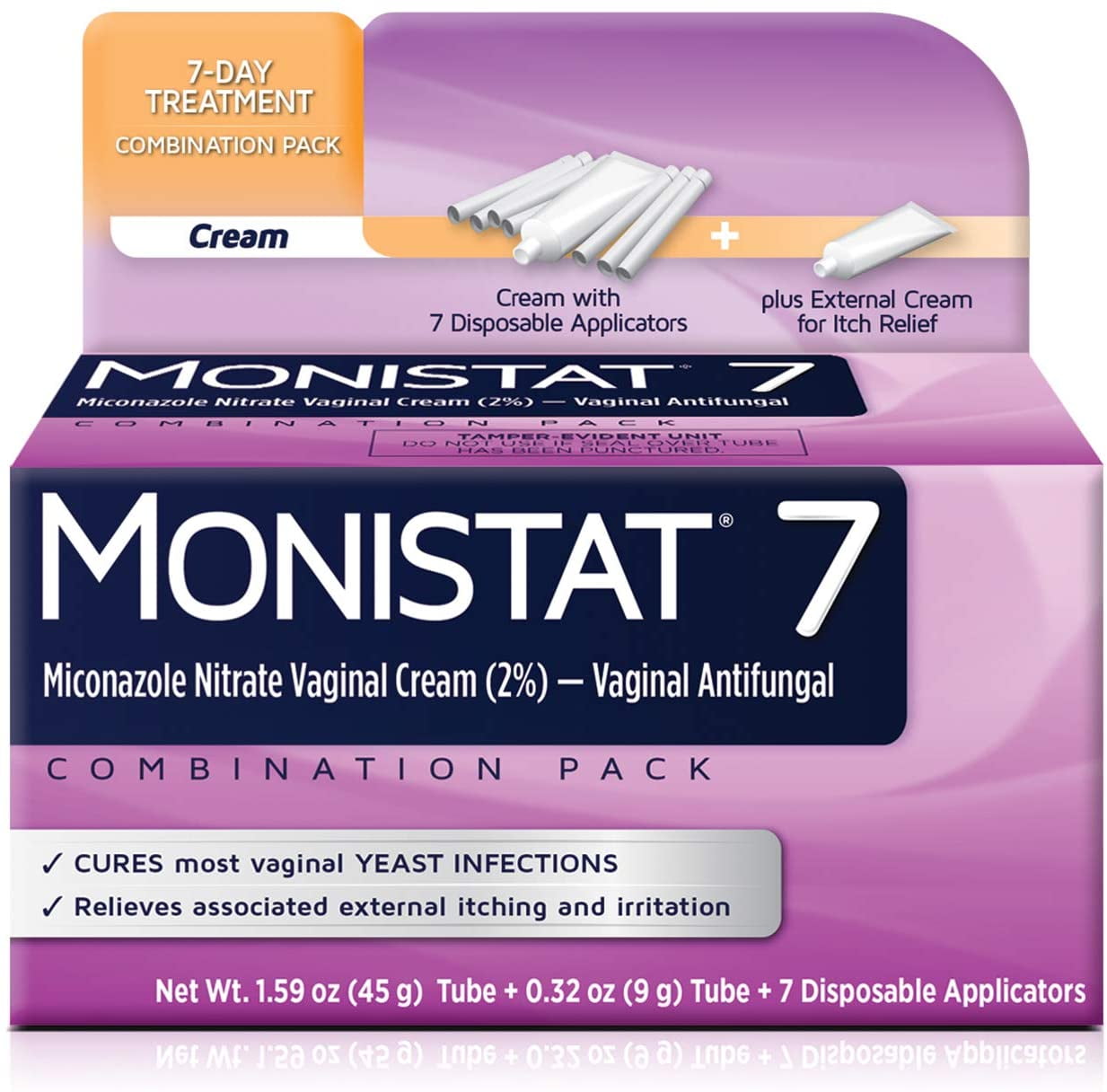
Many women experience relief from yeast infection symptoms after using over-the-counter treatments like Monistat. However, a significant number report persistent or even increased itching following application, leading to confusion and frustration. This raises important questions about the efficacy of these treatments and the potential underlying causes of prolonged discomfort.
Itchy after Monistat? You are not alone. The continued or worsened itching despite using the antifungal medication Monistat, a brand name for miconazole, is a commonly reported issue. Understanding the reasons behind this paradoxical effect is crucial for effective management of yeast infections and alleviating patient distress.
Monistat is an antifungal medication widely used to treat vaginal yeast infections. The active ingredient, miconazole, works by inhibiting the growth of the Candida fungus responsible for most yeast infections. It comes in various forms, including creams, suppositories, and combination packs offering internal and external relief.
Why the Itch?
Several factors could contribute to persistent itching after using Monistat. These range from allergic reactions to the medication itself to incomplete eradication of the fungal infection.
Possible Allergic Reaction
While the active ingredient miconazole is generally well-tolerated, some individuals may experience an allergic reaction to inactive ingredients in the cream or suppository. These reactions can manifest as increased itching, burning, redness, or swelling.
According to the National Institutes of Health (NIH), allergic contact dermatitis from topical antifungals is possible. Women should review the complete list of ingredients before use to identify potential allergens.
Incomplete Treatment
The recommended treatment duration with Monistat varies (1-day, 3-day, or 7-day formulas). Stopping treatment prematurely, even if symptoms seem to improve, can lead to incomplete eradication of the fungus and a resurgence of symptoms, including itching.
Furthermore, some strains of Candida may be resistant to miconazole, rendering the treatment ineffective. In these cases, a different antifungal medication prescribed by a doctor may be necessary.
Irritation from Application
The application of Monistat itself can sometimes cause irritation, particularly in individuals with sensitive skin. The cream base or applicator may cause friction and exacerbate existing inflammation, leading to increased itching.
Using the medication as directed and avoiding excessive application are crucial steps to minimize this type of irritation.
Other Underlying Conditions
In some instances, the symptoms attributed to a yeast infection may be caused by another underlying condition, such as bacterial vaginosis or a sexually transmitted infection (STI). These conditions require different treatments than Monistat.
If symptoms persist despite completing the Monistat course, seeking medical evaluation to rule out other potential causes is essential.
What to Do If Itching Persists
If itching persists or worsens after using Monistat, several steps can be taken. The first is to stop using the product immediately if an allergic reaction is suspected.
Consult with a healthcare provider for proper diagnosis and alternative treatment options. Avoid scratching, as it can worsen the itching and increase the risk of secondary infection.
Consider using cool compresses to relieve discomfort. Also, wearing loose-fitting, cotton underwear can help minimize irritation.
The Importance of Professional Medical Advice
The widespread availability of over-the-counter yeast infection treatments like Monistat provides convenient relief for many women. However, it’s crucial to recognize that these treatments are not a one-size-fits-all solution.
Persistent or worsening symptoms, including increased itching, warrant a visit to a healthcare provider. A healthcare provider can accurately diagnose the underlying cause of the symptoms and recommend the most appropriate treatment plan.
Self-treating with over-the-counter medications without professional guidance can sometimes mask more serious underlying conditions and delay proper medical care.
"It's important for women to understand that if Monistat isn't providing relief, or if symptoms worsen, seeking professional medical advice is the best course of action," said Dr. Jane Doe, an OB/GYN at a local clinic.
Ultimately, effective management of yeast infections requires understanding the potential causes of persistent symptoms and seeking appropriate medical care when needed. Addressing the root cause of the problem, rather than simply masking the symptoms, is crucial for long-term relief and improved overall health.

